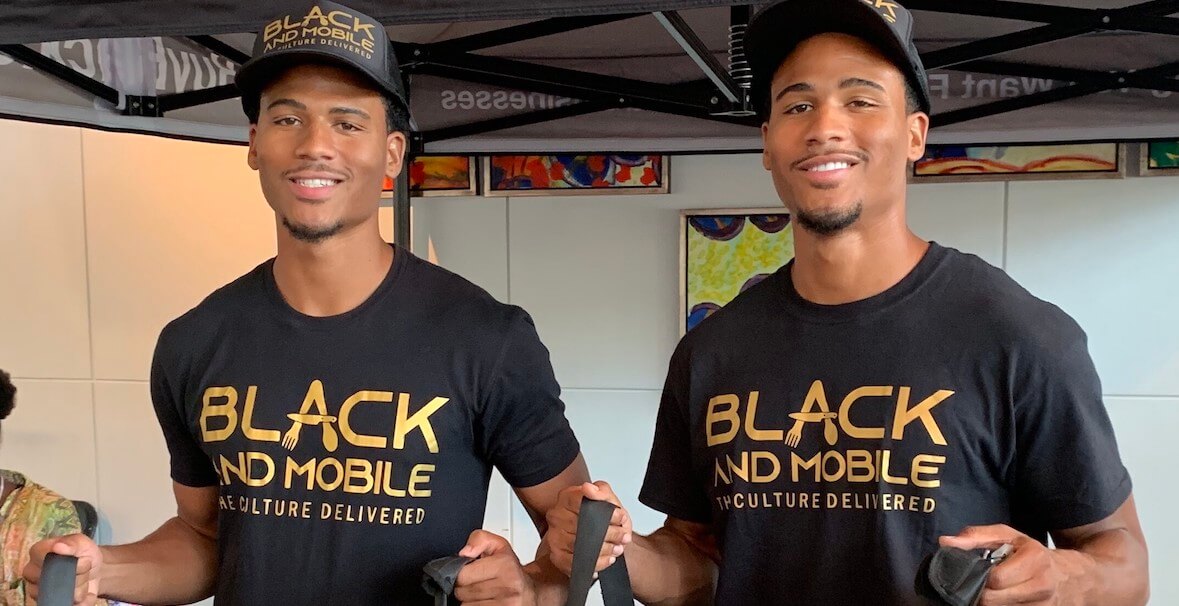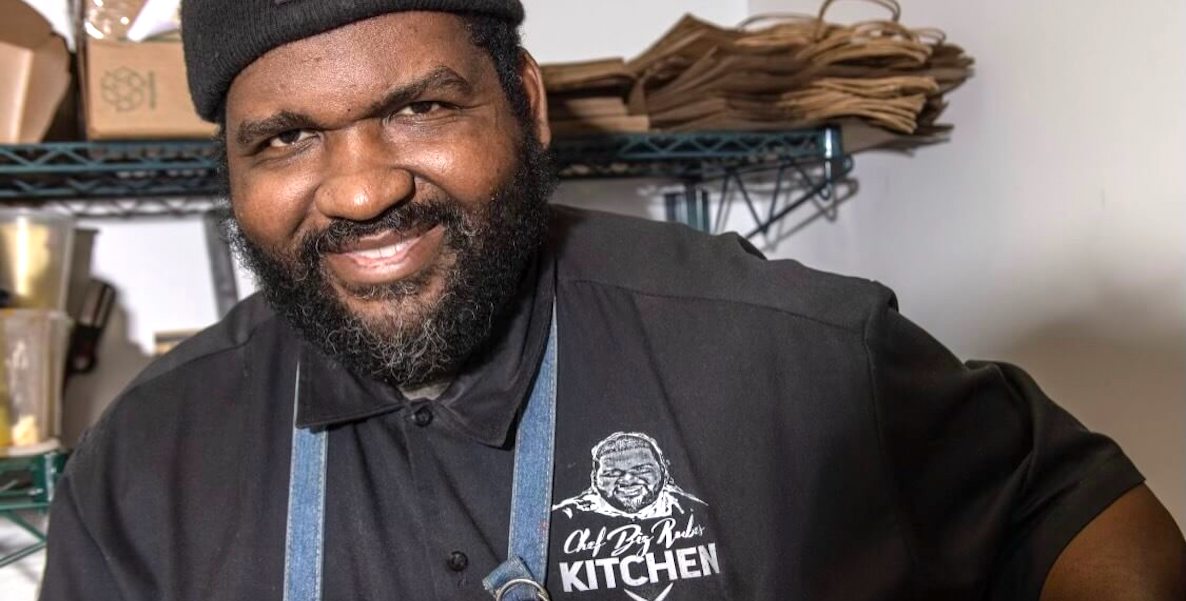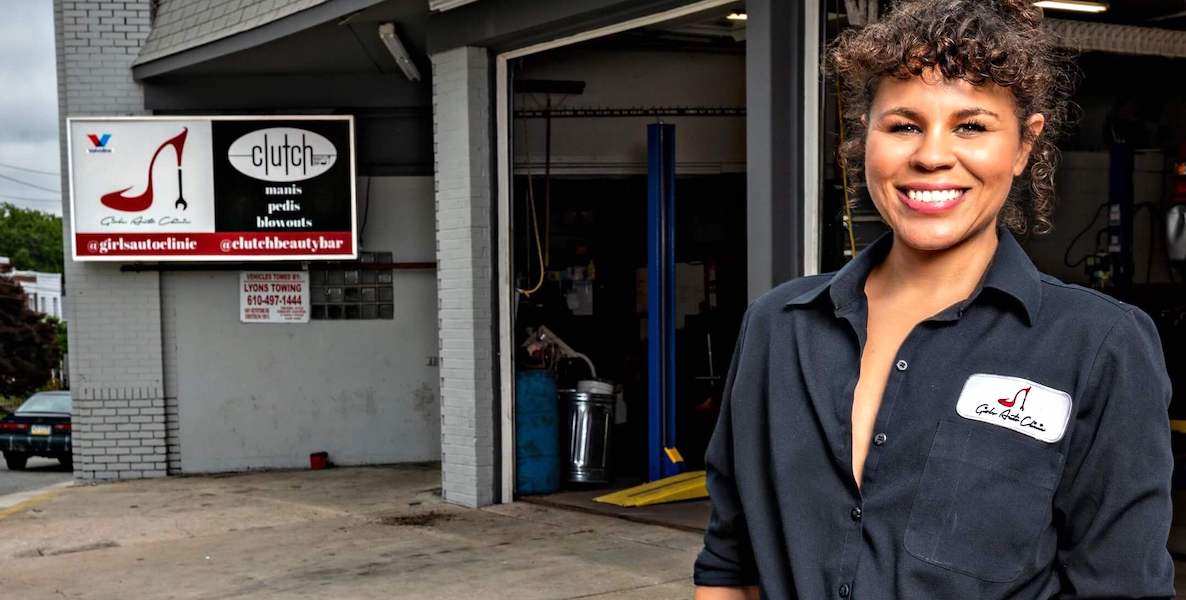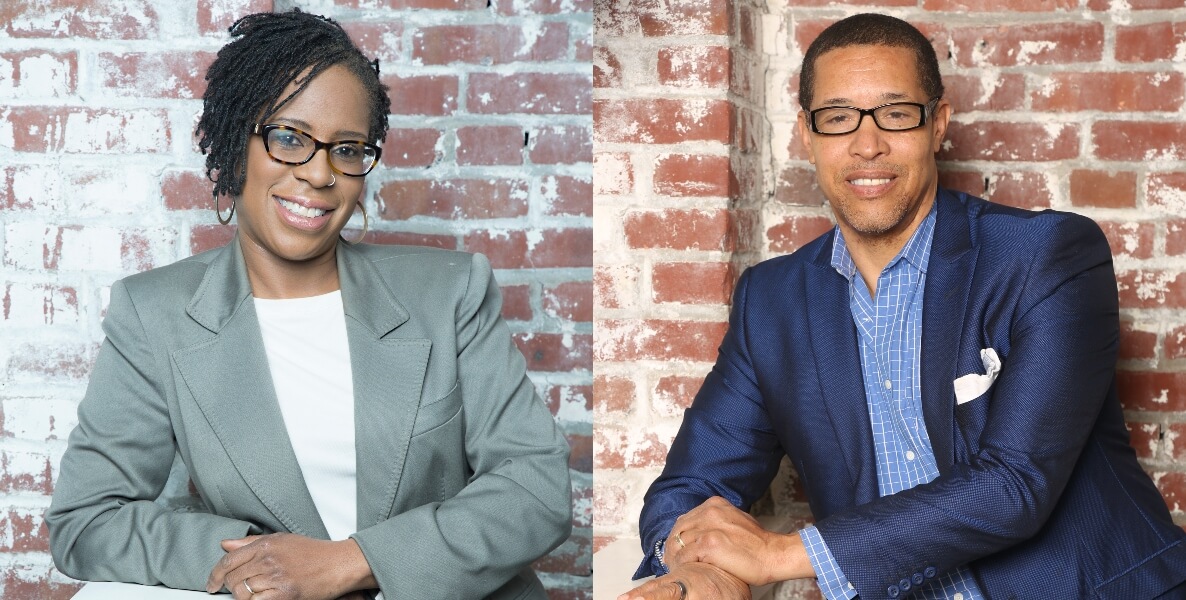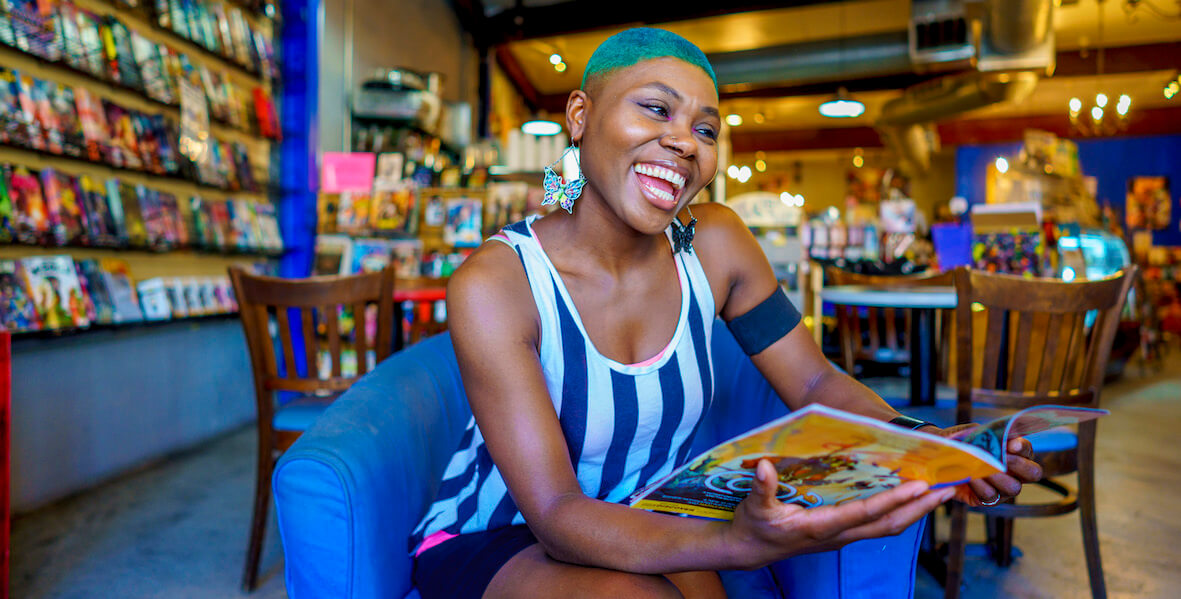It’s been 100 years since the massacre that decimated the entirety of Black Wall Street in Tulsa, Oklahoma. In those 100 years, we have seen steps towards equality, the passage of the 1965 Civil Rights Act and a wave of protests in support of Black lives.
But in the 100 years since those thriving businesses in Tulsa were destroyed by violent white mobs, can we say that we have seen the same progress or push for equality for our Black-owned businesses today?
It’s true that African Americans in this country have made leaps and bounds of progress, but there are still ways to go in ensuring that the racial wealth gap is closed and our Black-owned businesses can thrive in today’s economy.
MORE ABOUT BLACK BUSINESSES
The Black community in the Greenwood section of Tulsa patronized Black Wall Street exclusively, not by choice, but bound by the racist Jim Crow-era laws. This made for a thriving Black-owned business community, and for the Black dollar to circulate inside the Black community for much longer than it does today. Residents of Greenwood, both Black and white, could step out their front doors and patronize a whole block of Black-owned businesses out of sheer convenience.
Today, people looking to shop at Black-owned businesses must actively seek out goods and services by looking online or through word of mouth. Even more importantly, Black-owned businesses are competing with big box stores and Amazon for customers, which only gets harder as they expand quickly across the country.
African Americans own just 9.5 percent or about 2.6 million of all U.S. businesses. A Black Star Project study found that a “dollar circulates six hours in the Black community,” meaning that less than a day after money is spent at a Black-owned business, it is out into the general economy, not reinvested in other Black-owned businesses. In addition, African Americans are estimated to have an annual $1.3 trillion gross national income, but only two percent of that is recirculated in Black-owned business.
It’s true that African Americans in this country have made leaps and bounds of progress, but there are still ways to go in ensuring that the racial wealth gap is closed and our Black-owned businesses can thrive in today’s economy.
As we strive to address systematic inequality and create a truly equitable future, we must reimagine, reset and reinvest in Black business. Researcher Steven Rogers at Northwestern University found that “if Black spending with Black businesses rose from the current three percent to ten percent, it would create a million new jobs and provide economic security to countless Black households.”
It is not just African Americans who should feel called on to spend their hard-earned money back into Black-owned businesses. Corporations, organizations and institutions in our region should have diversity in spending as a core part of their procurement operations. Over the past year, many people have wanted to reach out and help but were not sure how. One way is by contributing to the economic security of a community that has had theirs ripped away from them.
In just 24 short hours in Tulsa, the white supremacist mob set fire to 35 blocks of Black-owned businesses, homes, churches and even a hospital. Three hundred people were left dead, and no one was charged. It’s hard to imagine what would have become of Greenwood, Oklahoma, 100 years later, but we do know problems still exist in moving Black businesses forward.
The way things stand currently, there are barriers for the future of the Black economy. Historic disinvestment, discriminatory laws and, horrifyingly, homegrown terror attacks on the Black community have not made it easy for Black-owned businesses to thrive. As we look back on Tulsa, we must support Black businesses and treat them as the economic equity indicator and pillars of the community that they are.
As the President and CEO of the African American Chamber of Commerce, my mission is to advocate for, support, and empower our business owners so that they have the tools to succeed and so that our local economy can grow and support families across this region for generations to come. Whether you are a business owner or a customer, you have the opportunity, and the duty, to reinvest and help build back the Black economy.
Regina A. Hairston is the president and CEO of the African American Chamber of Commerce of Pennsylvania, New Jersey, and Delaware, based in Philadelphia.
The Citizen welcomes guest commentary from community members who stipulate to the best of their ability that it is fact-based and non-defamatory.
Header photo: Amalgam Comics & Coffeeshop. J. Fusco/Visit Philly



